 Do you feed your dog a grain-free diet? I feel like the grain-free versus grain-inclusive dog food argument is one dog owners just might be having till the end of time. My dogs are currently 14 and 7 years old. Throughout my dogs’ lives, especially so for my 14-year-old, I’ve tried offering them quite a few different types of diets. Yes, including both grain-free and grain-inclusive dog foods.
Do you feed your dog a grain-free diet? I feel like the grain-free versus grain-inclusive dog food argument is one dog owners just might be having till the end of time. My dogs are currently 14 and 7 years old. Throughout my dogs’ lives, especially so for my 14-year-old, I’ve tried offering them quite a few different types of diets. Yes, including both grain-free and grain-inclusive dog foods.
This post is part of our 2023 April blogging from A to Z Challenge! Join us this month as we go through the alphabet, A to Z, learning more about some of the ingredients that are commonly (or not so commonly, in some cases) found in our dog’s food!
Post Contents:
What are Oats?
Oats (Avena sativa) is a species of cereal grain, similar to wheat, rye, and barley. Humans commonly eat oats in the form of oatmeal and rolled oats. Oats are also very commonly used as animal feed.
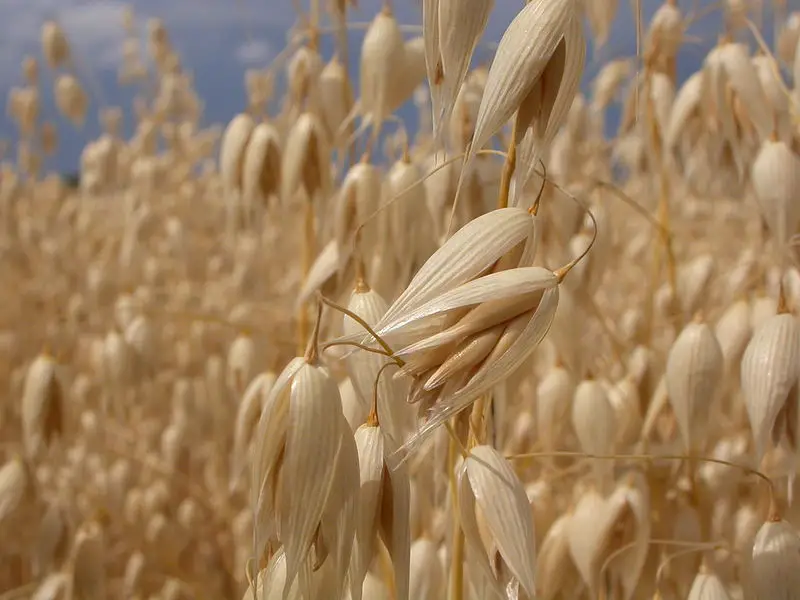
Photo Credit: Matt Lavin. This file is licensed under the Creative Commons Attribution-Share Alike 2.0 Generic license.
Why are Oats Added to Dog Food?
Oats are often included as a dog food ingredient to provide fiber and carbohydrates. They add bulk to the food, and can help your dog feel full without adding a ton of additional calories. Oats are high in soluble fiber, making them good for your dog’s GI system. Oats are also surprisingly high in protein, and also contain many nutrients, including the following…
- Magnesium
- Copper
- Calcium
- Zinc
- Iron
- Phosphorus
- B vitamins
- Vitamin A
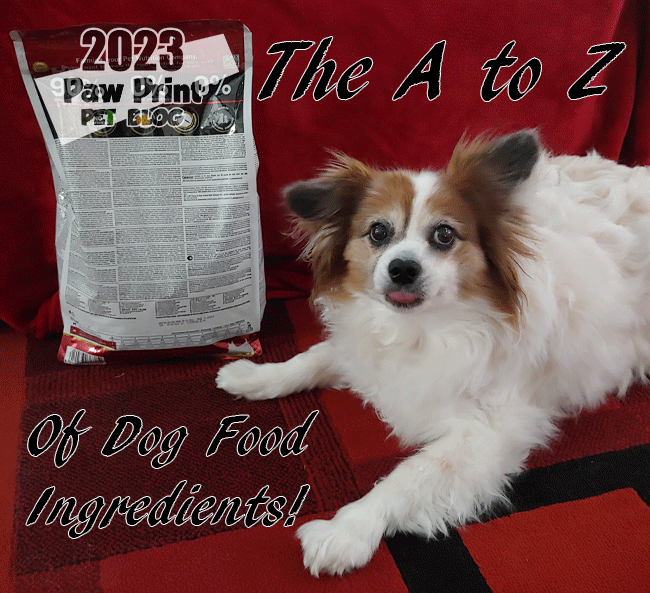
Cons of Feeding Oats to Dogs:
Uncooked oatmeal is hard for dogs to digest and shouldn’t be offered. Non-organic oats, unfortunately, are often exposed to herbicides such as Glyphosate.
Dogs can be allergic to oats and other grains. Grain allergies in dogs are more common than other types of food allergies, such as to meats. Symptoms of oat allergies can include a wide array of issues such as asthma like symptoms, skin issues (bumps, itching, thickened skin, ulcered skin, redness), coughing, ear infections, hair loss, congestion, sneezing, shortness of breath, red/itchy eyes, obsessive licking, etc. If your feeding your dog a commercial dog food, it can be hard to pinpoint exactly what ingredient(s) are causing allergic symptoms. Vets will usually recommend eliminating grains from the diet first, as they are one of the most common food allergens in dogs.
Benefits of Oats for Dogs:
For dogs who can tolerate them, oats can be a beneficial addition to their diet. Oats can be used as a source of protein, fiber, and the nutrients listed above. Oats contain a compound called b-sitosterol that is thought to help fight against tumors. Like in humans, offering oats to dogs may help fight inflammation and lower cholesterol. They can help promote heart health and are also beneficial for dog’s skin, lungs, liver, GI tract, nervous system, and urinary system.
So What’s the Verdict on Oats? Are They Safe as a Dog Food Ingredient?
As long as your dog doesn’t suffer from grain/oat allergies, oats, in moderation, can be a beneficial addition to dog food. If you make your own dog food, using organic oats is preferred since organic oats aren’t treated with herbicides. Dogs don’t require oats, so if your dog food doesn’t contain them that’s perfectly fine. And if it does, then know that many dogs tolerate oats without any issues.
Comment below! Does your dog’s food contain oats? Have you ever tried feeding grain free dog food?
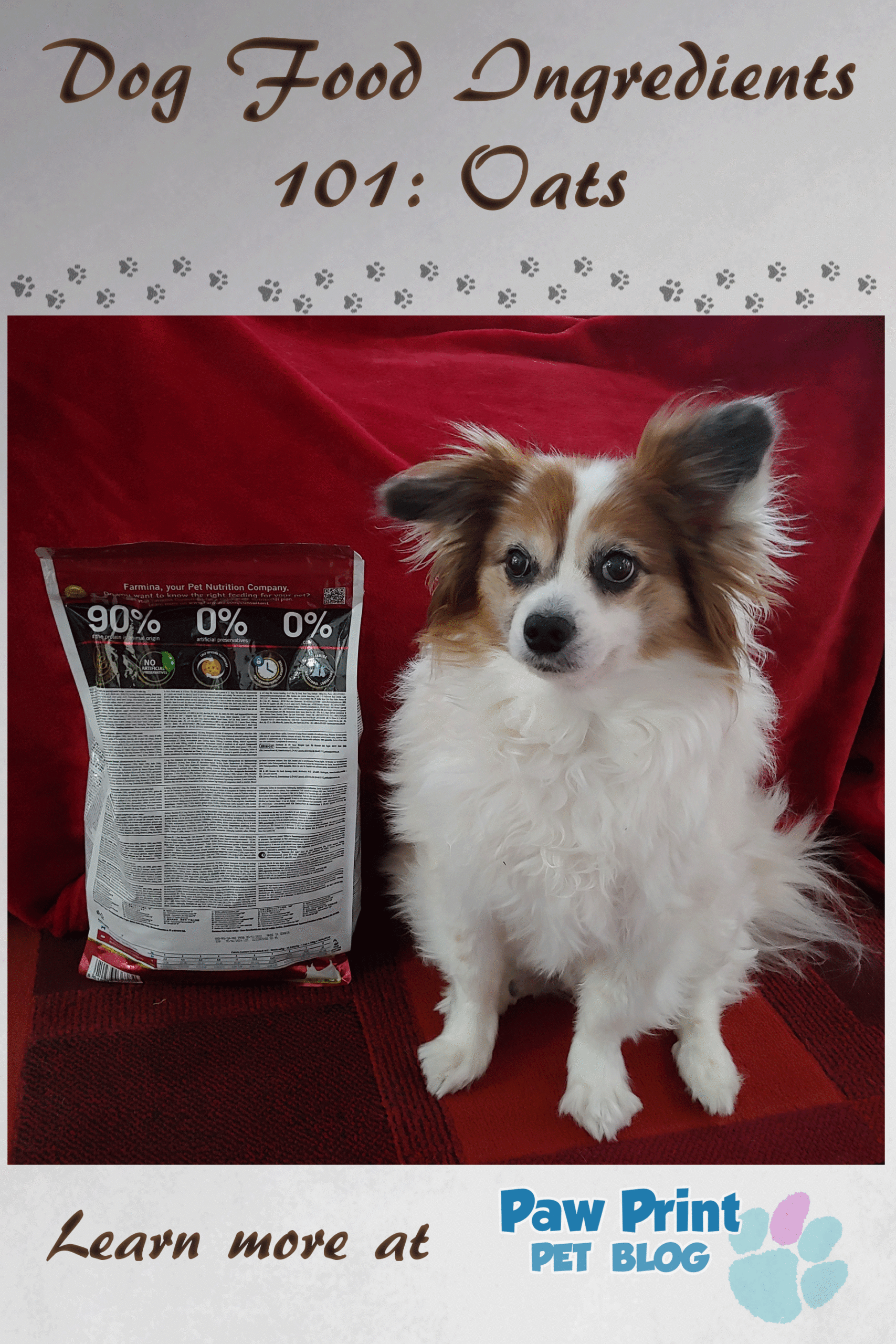
We’ve, unfortunately, been dealing with content scrapers stealing our articles lately. You shouldn’t be seeing this article on any site other than pawprintpetblog.com! If you’re reading this article on any other site, we’d love for you to take the time to contact us and let us know and, if you have the time, stop by and visit us on our official site! Thanks you.


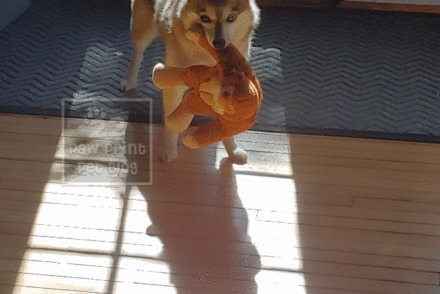
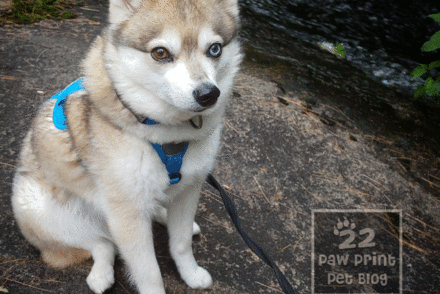

No Comments